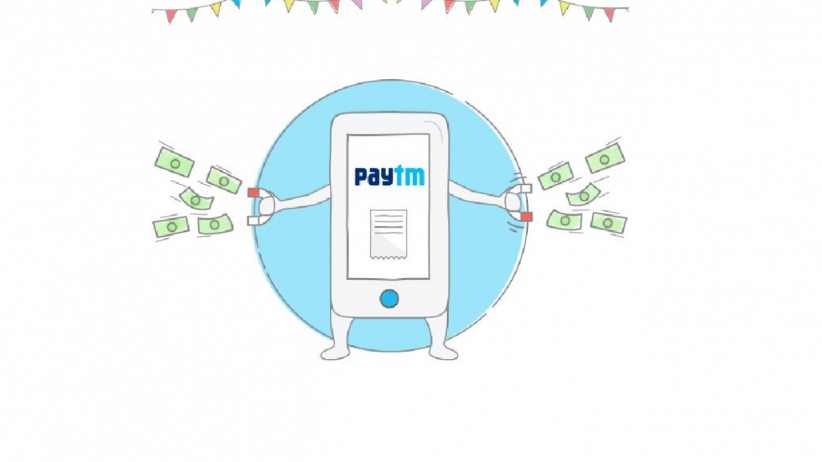Business
AliPay and Paytm approached local stores to increase e-wallet use
Aiming to increase adoption of digital wallets by small store owners in India and China, Alipay is offering Paytm its technological capabilities and risk management systems.
The Chinese payments company’s new initiative will help the India partner to grow much faster and offer a differentiated customer experience.
Kiran Vasireddy, the senior vice president-payments of Paytm, said, “We are trying to get them to transact digitally, from paying at the milk booth, to booking cabs and movie tickets and paying for utilities. The trend we notice is once a user starts transacting offline, the repeat usage is very high.”
About 10% of Paytm transactions come from offline merchants, which the company expects to increase to 50% by the end of next year. In China too, Alipay gets about 10% transactions from offline merchants.
Alipay is backed by China’s Alibaba Group and affiliate Ant Financial. Other investors include SAIF Partners, SAP Ventures, Reliance Capital and Silicon Valley Bank.
Zhiming Fan, president of payment business unit at Ant Financial, said, “India is different from China, cash plays a dominant role in daily transactions and the lack of payment options gives Paytm the opportunity (to offer) convenient, fast and secure payment solution to brick-and-mortar merchants, as well as other O2O payment scenarios.”
Data shows that there is a bigger opportunity to tap offline markets since unlike China where about 30% of people use cash, in India that number is close to 95%.
Paytm’s offline merchant network includes small ‘paan’ shops and vegetable vendors to big retail outlets such as Aditya Birla Group’s food and grocery retail arm More, Indian Oil petrol pumps, taxi hailing app Uber, food chains such as Cafe Coffee Day and Pizza Hut.
In its wallet business, Paytm competes with Mobikwik, FreeCharge and PayU Money, among others.








































